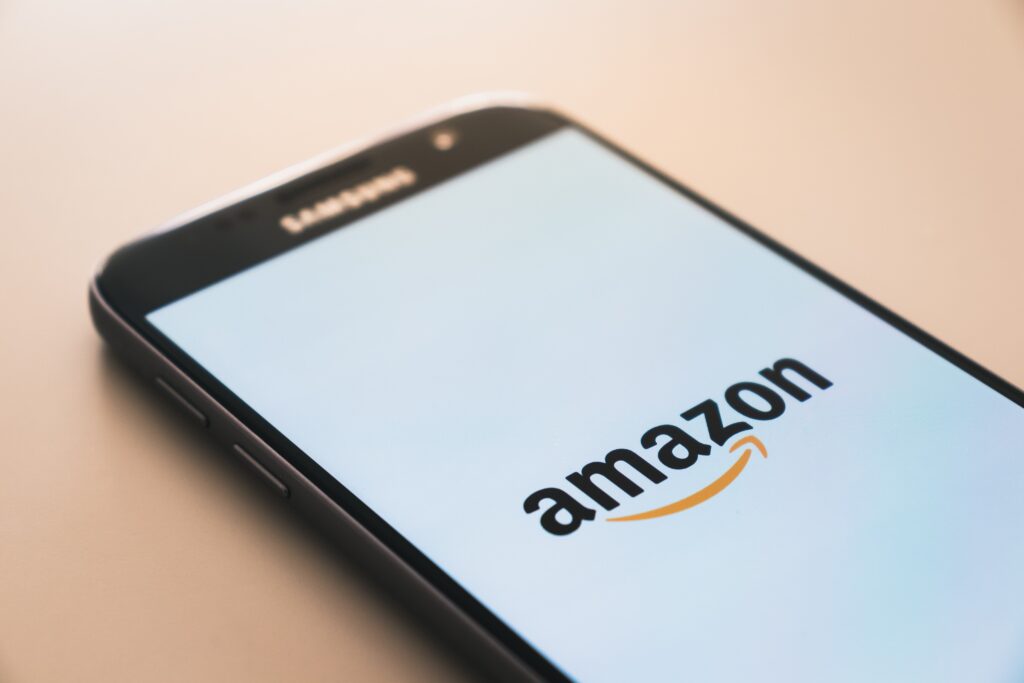Google & Apple Investigate App that Tracks Saudi Women
1. Controversial App Tracks Saudi Women
Google and Apple have been urged to shut down an app that allows Saudi Arabian men to track women and place restrictions on their travel. At least 1K women try to flee from oppression and abusive families in Saudi Arabia each year, and this app called “Absher” stops them from escaping. The state-run app allows men to add a list of “dependents” (women and children) and manage their travel permissions, specifying when and where they can travel, and making certain airports and destinations off-limits. Absher sends a text alert to men when a dependent use her passport. While guardianship laws to monitor women are legal in Saudi Arabia, Americans won’t stand for it. Senator Ron Wyden, Democrat of Oregon, wrote a letter to Apple and Google asking them to remove the app from their stores. “It is hardly news that the Saudi monarchy seeks to restrict and repress Saudi women, but American companies should not enable or facilitate the Saudi government’s patriarchy,” Wyden wrote. How are Apple and Google responding? On Monday, NPR asked Apple’s CEO, Tim Cook, about the app. “I haven’t heard about it,” he said. “But obviously we’ll look into it if that’s the case.” A Google spokesperson told NYT that they were looking into the app as well.
(Source: Business Insider, The Verge)
2. Amazon’s V-Day Break Up with NYC
Last year, Amazon announced plans to build a headquarters in Queens, New York. The decision was made without public input and received major backlash when it was announced. Yesterday, the company said it’s pulling out of plans to build an HQ in NYC. Even though Amazon promised 25K new jobs for New Yorkers, they weren’t confident it would be all that beneficial. Citizens pushed back on the $3B in incentives Amazon was to receive from the city, arguing that the company didn’t need incentives or tax breaks. For now, Amazon plans to focus on building its other headquarters in Virginia and continue growing the 5K employees already in NYC. What’s the downside? Some supporters think the city is missing out on job opportunities and the chance to compete with Silicon Valley. Maybe Amazon gave up too soon, or maybe the breakup will be better for both parties. As New York is the Big Apple, it never made sense that Amazon would be their Silicon Valley lover. #DadJoke
 3. India’s Strict Internet Censorship
3. India’s Strict Internet Censorship
Indian government officials have proposed adopting strong control over internet activity that looks similar to Chinese policies. Prime Minister Narendra Modi has the power to impose the new rules that would allow government officials to “demand that Facebook, Google, Twitter, Tik Tok, and others remove posts or videos that they deem libelous, invasive of privacy, hateful or deceptive,” according to the NYT. The government would also be able to trace messages from services like WhatsApp. Additionally, Indian companies would be required to create screening tools to block citizens from viewing “unlawful information or content.” As a huge tech hub and the country with the second-biggest internet population after China (500M), new policies could have huge repercussions for Indians, eliminating free speech, privacy, and advancement. How are tech giants responding? Google and Facebook declined to comment, but Twitter has been fighting back. They say this would suppress right-wing content and hope new rules will “strike a careful balance that protects important values such as freedom of expression.” In trying to help its citizens, the Indian government might be hurting them. Sounds like an extreme case of helicopter parenting to us.
(Source: NYT)









